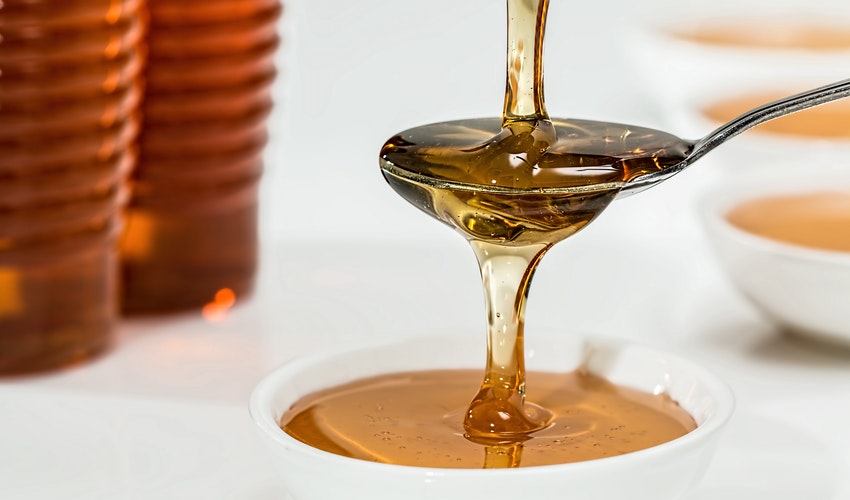Currently Empty: ₦0.00
HONEY VERSUS REFINED SUGAR – what you need to know part 1 (From the desk of the Founder)
HONEY – A sweet viscous food substance made by honey bees and some related insects. Bees produce honey from sugary secretions (nectar) of plants or from secretions of other insects, by regurgitation, enzymatic activity and water evaporation (Wikipedia).
Nutrition facts per 100g Source: Includes USDA
Calories – 304 (1 table spoon is about 21 g, contains 64 calories and 17 g)
Total Fat – 0 g
Cholesterol – 0 g
Sodium – 4 mg
Potassium – 52 mg
Total Carbohydrate – 82 g – (27% of daily recommended value in a 2000 calorie diet)
Dietary fibre – 0.2 g
Sugars – 82 g
Iron – 2% of daily recommended value
100g of honey provides about 304 Kcal (1,270 KJ) of energy with no significant amounts of essential nutrients, 17% of water and 82% carbohydrates. It has low content of fat, dietary fibre and protein.
1 table spoon is about 46 kilocalories
Sugar Profile of Honey
Honey consists of mainly fructose from about 38% and glucose about 32%.
REFINED SUGAR
Refined sugar comes from sugar cane or sugar beets, which are processed to extract the sugar. It is typically found as sucrose, which is the combination of glucose and fructose.
100 grams of sugar (white) contains 387 calories and almost nothing else of value. It is absorbed quickly into the body and can cause a spike in the sugar level which is dangerous for diabetics.
Both honey and refine sugar are basically made up of different types of sugars even though honey will digest more slowly, the end of it is still sugar.
Moderation is the key word when comparing the two and the primary purpose for wanting to avoid sugar in the first place.
Watch out for more information on this topic on my blog.


